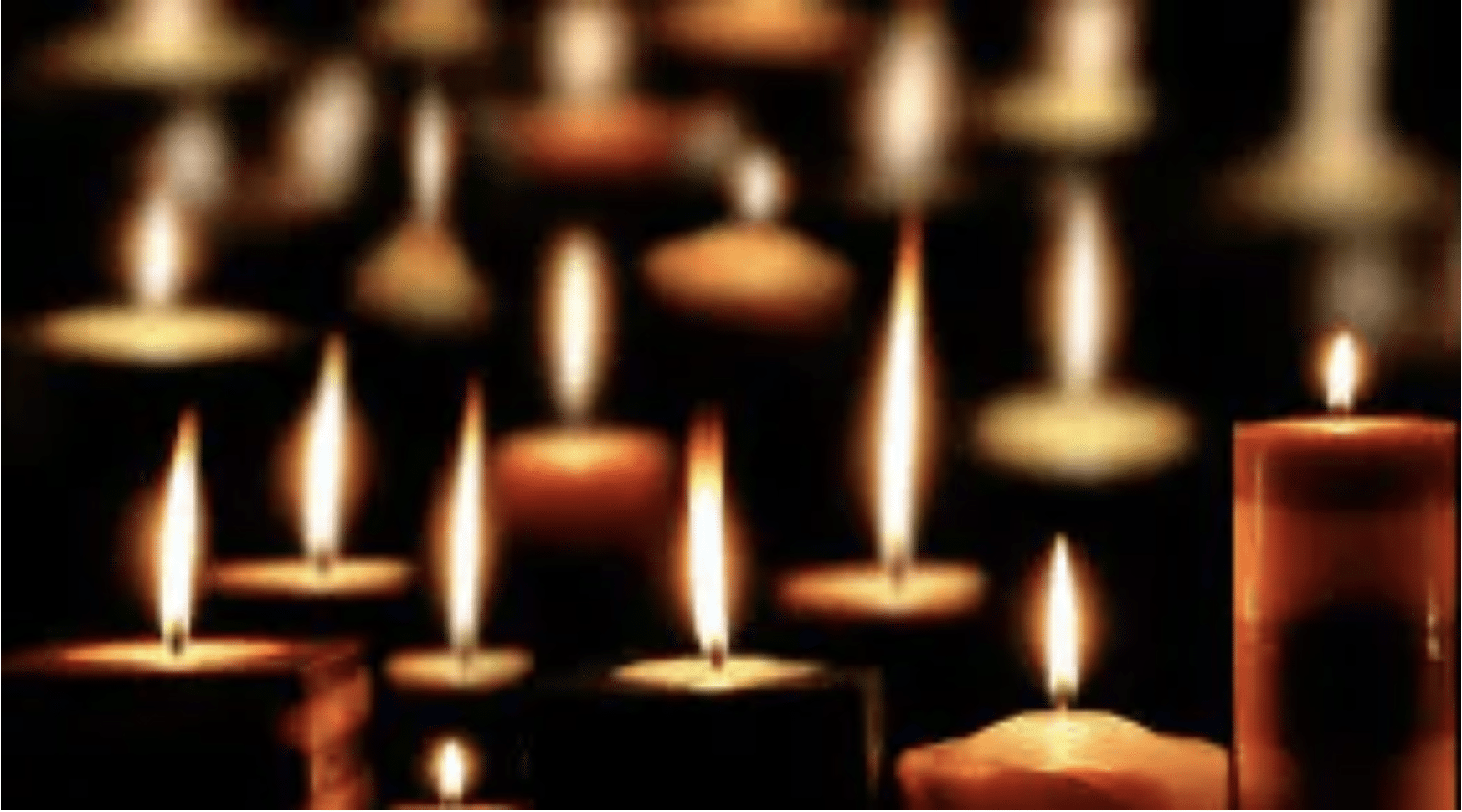
- This event has passed.
Holocaust Remembrance Day
January 27, 2024

This day remembers the terrible legacy of the Holocaust, the systematic state-sponsored persecution and murder of approximately 6 million Jews, by the Nazi German regime and its allies and collaborators between 1933 and 1945. HRC also remembers the millions of ethnic minorities, people with disabilities and political opponents of the Nazis killed during this period. This included LGBTQ+ people, who suffered severe, targeted persecution under the Nazi regime.
International Holocaust Remembrance Day is observed every January 27 to mark the anniversary of the liberation of the Auschwitz concentration camp in 1945. We must remember our history to honor the dead and protect future generations.
Before the Nazis came to power, both the Jewish and LGBTQ+ communities were thriving. LGBTQ+ communities were growing across Germany, especially in cities such as Berlin, Hamburg and Frankfurt. Gay men and lesbians formed social clubs, published gay and lesbian journals and newspapers and openly advocated for the repeal of Paragraph 175 of the German criminal code, a statute that outlawed sexual relations between men. These groups also joined with advocates for reforming laws around sex work and reproductive rights. The Jewish sexologist Magnus Hirschfeld started the Institute for Sexual Sciences in Berlin, a community center that promoted diversity among sexual orientations and gender identities and provided services including medical care, professional training and sexual education. The institute even provided healthcare for transgender patients and its staff performed some of the first modern gender-affirming surgeries.
This increased visibility changed dramatically when the Nazis began a campaign of repression against vulnerable populations across Germany. As the Nazis began targeting the Jewish people, they also began raiding gay and lesbian bars and cafes and shut down LGBTQ+ publishing houses. They attacked the Institute for Sexual Sciences, forcing it to close and burning thousands of the institute’s books, articles and patient files. In 1936, the Nazi regime established the Reich Central Office for the Combating of Homosexuality and Abortion, cementing a link between anti-LGBTQ+ attitudes and the movement against reproductive choice. Paragraph 175 was used to arrest about 100,000 men for engaging in same-sex activity and over half were convicted. Between 5,000 and 15,000 of those convicted were imprisoned in concentration camps and forced to wear a pink triangle to identify them as gay. Those marked by the pink triangle were subject to severe physical and sexual abuse by guards and fellow inmates.
Within Germany, the liberation of the concentration camps and defeat of the Nazi regime did not bring immediate relief to the LGBTQ+ community. Male same-sex relations were not decriminalized until 1967 in East Germany and 1969 in West Germany, so many survivors faced reimprisonment. It was not until the 1990s that the German government finally acknowledged gay men as victims of the Nazis. Paragraph 175 was repealed in 1994 and Nazi-era convictions under the law were overturned in 2002.
https://www.hrc.org/news/hrc-observes-international-holocaust-remembrance-day
